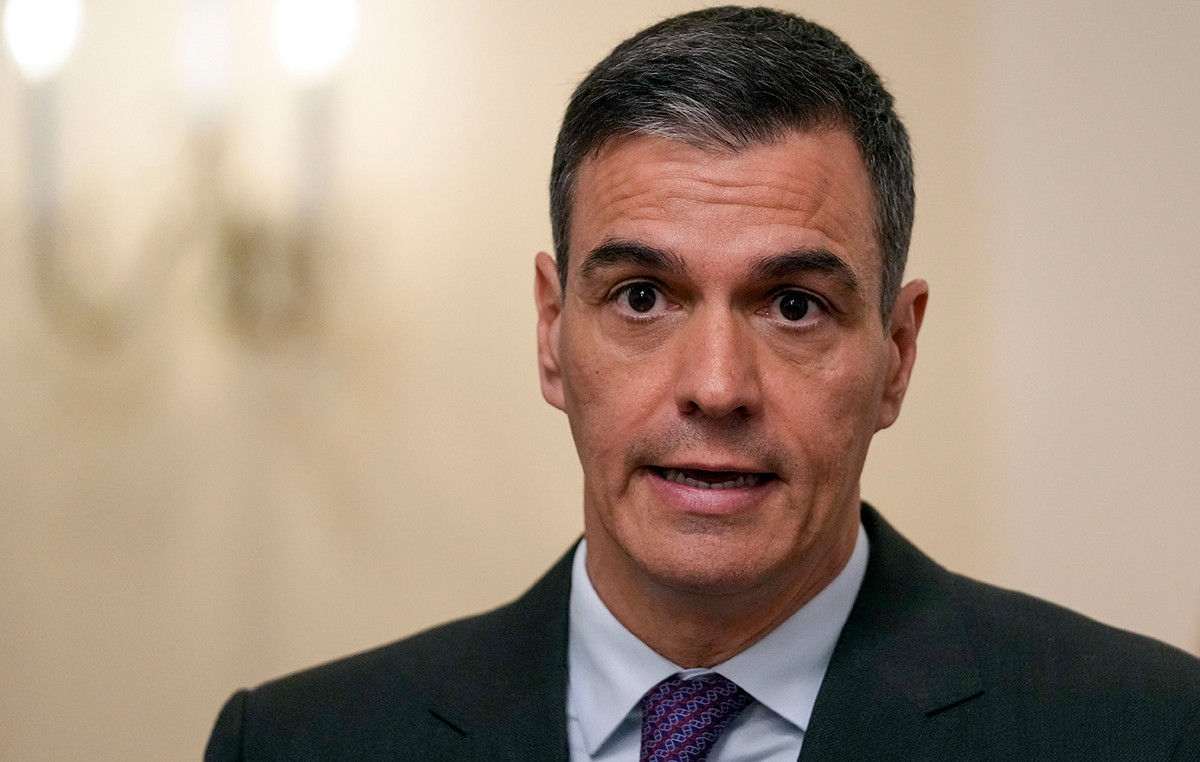In an interview with Bloomberg TV on Friday, Cleveland Federal Reserve Bank, Beth HammackHe pointed out that Julio’s employment data were disappointing.
Earlier in the day, the US Labor Statistics Office (BLS) reported that non -agricultural payroll (NFP) increased by 73,000 in July, below the expectation of the market of 110,000. In addition, it was indicated that the increase in May NFPs was reviewed down in 125,000 and the change for June was reviewed down into 133,000.
“With these reviews, employment in May and June is 258,000 less than what was previously reported,” said the BLS in its press release.
Key points
“The labor market must be observed closely.”
“The labor market is still healthy and balanced, but must be monitored.“
“The FOMC decision was correct.”
“The Fed continues to see pressure on the inflation side of its mandate.”
“Inflation continues to influence economic decisions.”
“At this time, Fed is failing much more on the side of inflation in relation to the job mandate.”
“Companies have been dealing with great uncertainty.”
“It is expected to see that inflation numbers increase due to tariffs.”
“It is expected to see the transfer of tariffs at prices.”
“It is expected to see that the labor market weakens towards the end of the year.”
“Fed’s policy is a bit restrictive, not far from neutral.”
“There are many more data to come before the September meeting.”
“Now is a really complicated moment to establish monetary policy.”
“Huge respect for the president of the Fed, Powell.”
“The data will guide any thought about monetary policy votes.”
“There is a recognition of the importance of the independence of the Central Bank.”
Market reaction
The US dollar index struggles to recover ground after these comments. At the time of publication, the USD index was lowering 1.2% in the day to 98.85.
Hammack’s comments received a 6.0 neutral/hawk score by Fxstreet Fed Speech Tracker. Meanwhile, The FXSTERET Fed Feed Index It remains in hawk territory below 120.
Fed – Frequently Questions
The monetary policy of the United States is directed by the Federal Reserve (FED). The Fed has two mandates: to achieve prices stability and promote full employment. Its main tool to achieve these objectives is to adjust interest rates. When prices rise too quickly and inflation exceeds the objective of 2% set by the Federal Reserve, it rises interest rates, increasing the costs of loans throughout the economy. This translates into a strengthening of the US dollar (USD), since it makes the United States a more attractive place for international investors to place their money. When inflation falls below 2% or the unemployment rate is too high, the Federal Reserve can lower interest rates to foster indebtedness, which weighs on the green ticket.
The Federal Reserve (FED) celebrates eight meetings per year, in which the Federal Open Market Committee (FOMC) evaluates the economic situation and makes monetary policy decisions. The FOMC is made up of twelve officials of the Federal Reserve: the seven members of the Council of Governors, the president of the Bank of the Federal Reserve of New York and four of the eleven presidents of the regional banks of the Reserve, who exercise their positions for a year in a rotary form.
In extreme situations, the Federal Reserve can resort to a policy called Quantitative Easing (QE). The QE is the process by which the Fed substantially increases the flow of credit in a stuck financial system. It is a non -standard policy measure used during crises or when inflation is extremely low. It was the weapon chosen by the Fed during the great financial crisis of 2008. It is that the Fed prints more dollars and uses them to buy high quality bonds of financial institutions. The one usually weakens the US dollar.
The quantitative hardening (QT) is the inverse process to the QE, for which the Federal Reserve stops buying bonds from financial institutions and does not reinvote the capital of the bonds that it has in portfolio that they expire, to buy new bonds. It is usually positive for the value of the US dollar.
Source: Fx Street
I am Joshua Winder, a senior-level journalist and editor at World Stock Market. I specialize in covering news related to the stock market and economic trends. With more than 8 years of experience in this field, I have become an expert in financial reporting.







